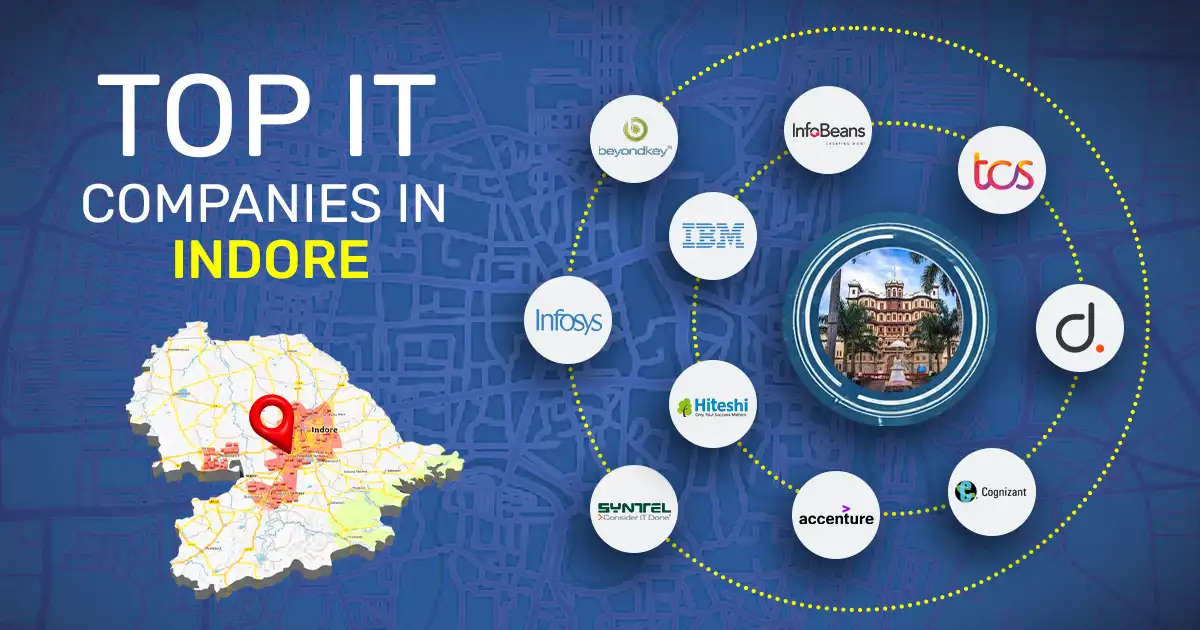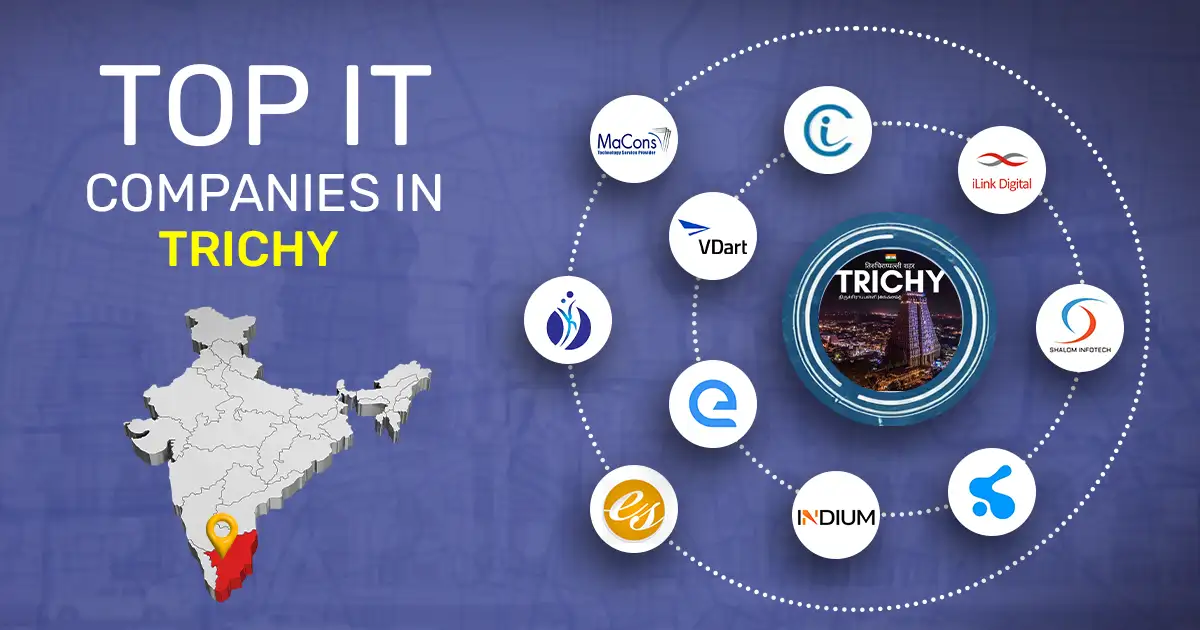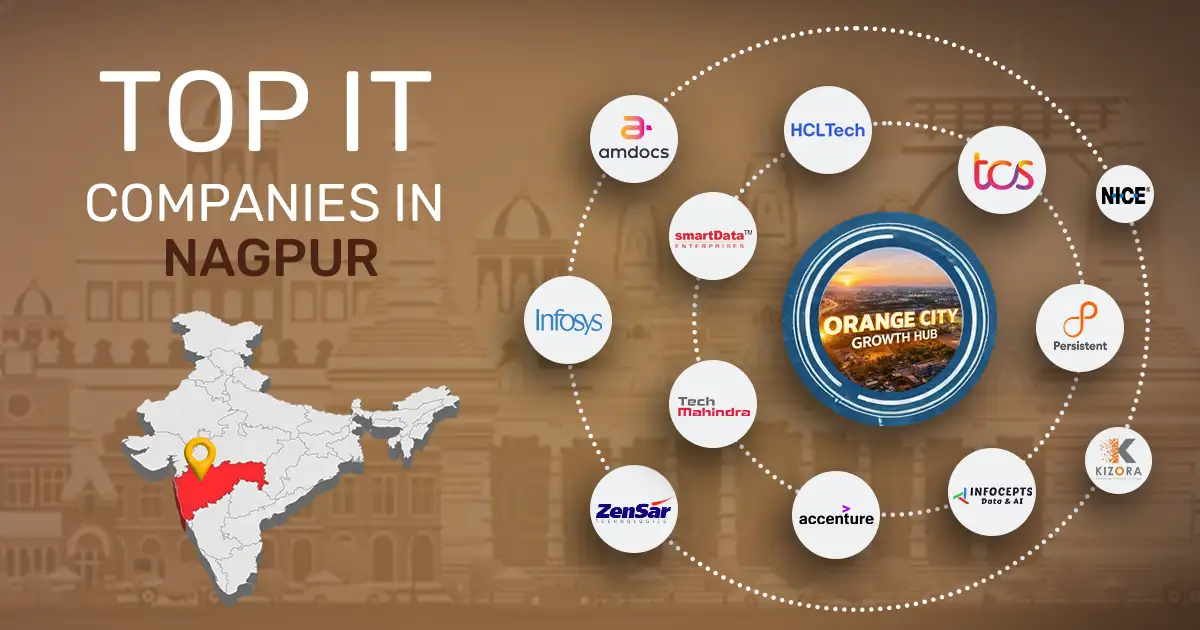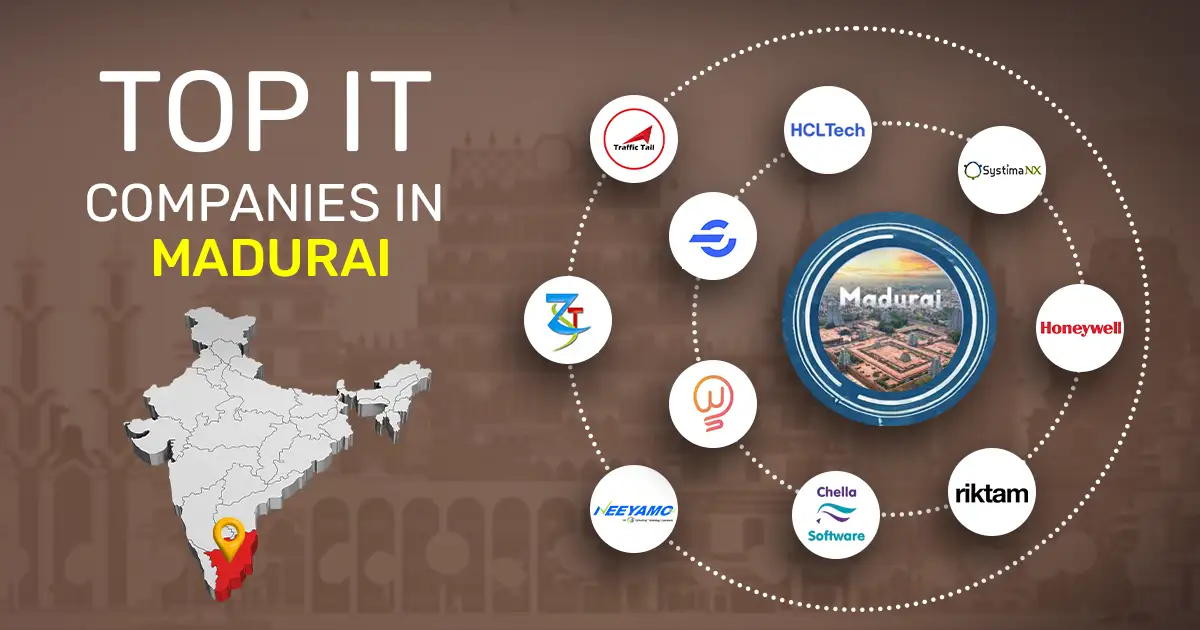Understanding the eligibility criteria is the first step towards successful company registration in Ireland. These requirements ensure compliance with Irish company law and maintain the integrity of the business landscape.
1. Minimum Directors and Shareholders
An Irish private limited company (LTD) needs at least one director and one shareholder. It's important to note a key requirement:
- EEA Residency Requirement: At least one company director must be a resident of the European Economic Area (EEA), which includes EU countries, Norway, Liechtenstein, and Iceland.
- Non-EEA Directors: If all directors are from India or other non-EEA countries, an additional compliance step is required.
- Section 137 Bond: Companies must obtain a Section 137 Non-EEA Resident Director Bond worth €25,000 (approx. Rs. 22,50,000) as insurance against potential non-compliance penalties.
- Nominee Director Option: Alternatively, businesses can appoint a nominee EEA director to meet the residency requirement.
- Director and Secretary Rules: A company can have a single director, but that person cannot also act as the company secretary.
- Eligibility Criteria: All directors must be at least 18 years old and not be undischarged bankrupts.
2. Registered Office Address in Ireland
Every Irish company must have a registered office address located within Ireland. This address is crucial as it serves:
- Official Contact Point: The registered office serves as the official address for all correspondence from the Company Registration Office (CRO) and government bodies like the Revenue Commissioners.
- Physical Address Requirement: It must be a real, physical address in Ireland; PO boxes are not accepted.
- Use of Director's Address: A director's residential address in Ireland may be used, if available.
- Virtual Office Option: Many international companies choose a virtual office service from professional firms to meet this requirement.
- Mail Handling: These services often include mail forwarding, ensuring prompt receipt of official communications.
- Publicly Listed: The registered office address is publicly accessible on the CRO register.
3. Company Secretary Requirements
Every Irish company must appoint a company secretary, a key requirement when setting up a company in Ireland. This role is essential for ensuring compliance with all statutory obligations under Irish company law. While no formal qualifications are strictly required, the secretary must have the skills and resources to carry out duties effectively, which include:
i) Key Responsibilities: The company secretary is responsible for tasks such as:
- Filing annual returns and documents with the CRO
- Maintaining statutory registers (e.g., members and directors)
- Recording minutes of board meetings
- Safekeeping the company seal
ii) Single Director Companies: A sole director cannot also serve as the company secretary; a separate person or corporate entity is required.
iii) Multiple Directors: If the company has two or more directors, one of them can also act as the company secretary.
iv) Professional Assistance: Many businesses, especially those unfamiliar with Irish corporate governance, choose to appoint a professional firm as their company secretary.
4. Company Name Uniqueness
Company name registration in Ireland requires that your chosen name be unique and clearly distinguishable from existing names on the CRO Ireland register. It cannot be identical or too similar to a name already in use, ensuring clarity and avoiding legal or branding conflicts.
- Name Uniqueness Required: The CRO enforces strict rules to ensure each company name is distinct and not misleading.
- Name Availability Check: Use the CRO's CORE system to perform a company name availability check before registration.
- Restricted Words: Certain terms like "Bank," "Insurance," or "University" require special permissions or licenses.
- Prohibited Names: Offensive or misleading names are not allowed under CRO guidelines.
- Naming Convention: For private limited companies, the name must end with "Limited" or "Ltd" (or "Teoranta" in Irish).
5. Financial Requirements (e.g., Share Capital)
For a Private Company Limited by Shares, Ireland has a very flexible approach to share capital. Unlike some jurisdictions, there are no prescribed minimum share capital requirements. This means you can register a company with as little as €1 in issued share capital.
While there's no minimum, a company's constitution will typically specify an "authorized share capital," which is the maximum number of shares the company is permitted to issue. Shares can be denominated in any currency, providing flexibility for international businesses.
6. Beneficial Ownership Registration
Under the Criminal Justice (Money Laundering and Terrorist Financing) Act 2010 (as amended):
- Mandatory Registration: All companies in Ireland must register their beneficial owners with the Register of Beneficial Ownership (RBO).
- Definition of Beneficial Owner: A beneficial owner is any individual who directly or indirectly owns or controls more than 25% of shares or voting rights, or otherwise exercises control.
- Purpose: This registration supports transparency and helps combat money laundering and terrorist financing, complying with EU directives.
- Required Information: Includes the beneficial owner's name, month and year of birth, nationality, country of residence, and nature and extent of ownership.
- Identity Verification: Owners without an Irish PPS number must submit a sworn declaration (Form BEN2) to verify their identity.
- Public Accessibility: Beneficial ownership details are publicly accessible, but sensitive info like the full date of birth is restricted.











